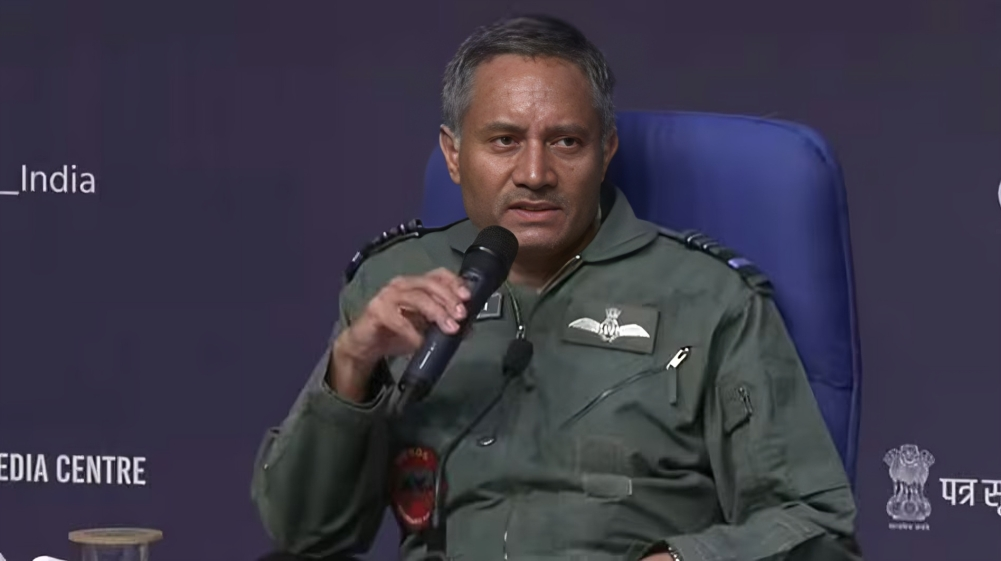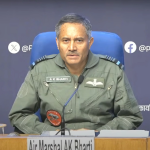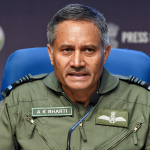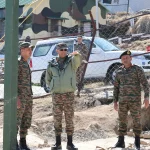In a significant military operation, India launched “Operation Sindoor” on May 7, 2025, executing precision air and ground strikes against multiple terrorist camps located in Pakistan and Pakistan-Occupied Kashmir (PoK). The operation is in direct response to a recent terror attack in Pahalgam, Jammu and Kashmir, which left 26 civilians dead.
During a press briefing, Air Marshal AK Bharti elaborated on the mission’s objectives, underscoring the operation’s strategic precision. “Our goal was to neutralize specific targets critical to terrorist operations,” Air Marshal Bharti explained, adding, “Whatever methods and whatever means we have chosen, it had the desired effects on the enemy targets.”
While the mission’s primary goal was not to inflict casualties, the Air Marshal emphasized that any unintended losses were incidental to the success of the operation, asserting, “Our job is to hit the target, not to count the body bags.”
The operation saw a coordinated effort from both the Indian Air Force and the Army, making use of cutting-edge technology including loitering munitions, Kamikaze drones, and extended-range artillery shells. These advanced weaponry systems were deployed to hit high-value targets such as terrorist airbases and command centers. The strikes were carefully designed to disrupt terrorist activities without triggering a broader conflict.
A key aspect of Operation Sindoor was its precision, which resulted in minimal collateral damage while maximizing the effectiveness of the operation. This approach reflects the evolving nature of modern military warfare, which increasingly emphasizes the use of precise strikes that adhere to international norms, aiming to limit civilian casualties and prevent unnecessary escalation.
The operation comes amid rising tensions between India and Pakistan, with both countries accusing each other of violating ceasefire agreements along the Line of Control (LoC). However, Indian officials have consistently defended their actions as necessary to protect national security and prevent further terrorist attacks on Indian soil.
In the aftermath of the strikes, global leaders have called for restraint and dialogue, urging both nations to avoid further military escalation. However, India’s stance remains firm. The government has made it clear that any future terrorist provocations will be met with similar, decisive action, reinforcing its commitment to the security and safety of its citizens.
As the situation continues to develop, the international community remains on high alert, closely monitoring the situation in South Asia for any signs of further military action or diplomatic efforts.













